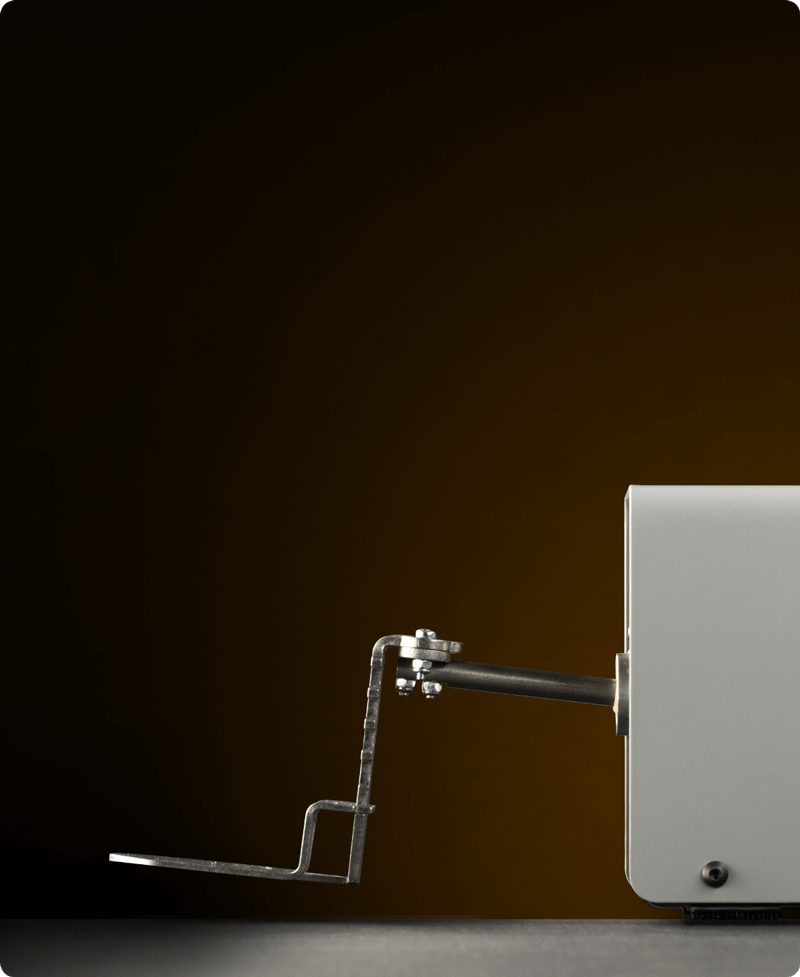Multichannel retail, omnichannel retail, harmonized retail. Are they simple buzzwords? While all of them have buzzword potential, they are actual strategies that can help brick and mortar stores increase the number of customers and, eventually, increase sales.
While multichannel retail now seems a thing of the past because omnichannel took its place a few years ago, it seems that omnichannel retail is not here to stay. Harmonized retail, as Steve Dennis mentioned in his article, is the new strategy that can help brick and mortar retailers.
How does it differ from omnichannel retail? How to implement it? Why is it better than multichannel and omnichannel retail? In this article, we are going to answer all of these questions and many more, to help you find the best strategy for your store.
Multichannel, omnichannel, harmonized - How did these strategies appear?
Since online stores started to receive their first orders, brick and mortar stores knew that it was time to make a change and to adapt to the new environment. While people choose eCommerce platforms for convenience, they select physical stores for the shopping experience. That’s why retailers said: “Why not give them both?”
First came multichannel retail. When we talk about multichannel retail we are referring to a retailing strategy in which physical stores also promote and sell their products on other channels. For example, a physical store that also has a social media presence.
Multichannel strategies fail for a simple reason: they don’t offer a unified brand experience. Because not all of the channels transmit the same messages, the image of the brand can be damaged.
Then came omnichannel retail. Unlike multichannel retail, omnichannel retail focuses more on connecting all of the channels and offering a seamless experience to shoppers. From the physical location to the online store to the social media account, the retailer presents itself in the same way, with the same promotions and messages.
Now, it seems that omnichannel retail is not as performant as expected. Why? Because customer experience experts discovered that it’s much more important to be available on the right channel, with the right offer and tools for the right customers instead of simply being everywhere.
“Harmonized retail is really the blend of digital, physical, and human experience design. It is never tech for tech’s sake”, mentioned Chris Walton, CEO and co-founder of Red Archer Retail.
Harmonized retailing - The future of retail?
Harmonized retailing might be a relatively new concept on the market, but it’s the thing customers have been wanting for ages. It is a great combination of services and products from a physical location, with the convenience of technology and the feeling of human experience. By connecting all of these, retailers have the possibility to offer better experiences to their shoppers.
Nowadays, with the help of technology, retailers have more opportunities to better understand their customers, satisfy their needs, and offer them the best products and experiences. Customers don’t want to keep looking for a store that can offer them what they want, they expect retailers to be the ones that attract them and engage with them.
How to implement harmonized retail for your store
It’s always easier said than done and implementing harmonized retail is not an exception. However, if you want to stay on top of the competition and provide the best services for your customers, then you will need to at least try out the harmonized approach.
1. Customer journey
The first step in implementing any strategy is to understand your customers and to map out their journey. By finding out the steps they take between their first interaction with your store and purchase, you will be able to see which steps need to be improved. Also, a customer journey map will help you understand where customers find about your store or your promotions.
2. Take it step by step
Let’s take an example to make it easier to understand:
Attract - Engage - Explore and select - Checkout - Deliver
This is the basic framework for the customer journey of a retailer. It differs from retailer to retailer and from customer to customer.
In the first stage, you will need to figure out the best and most performing channels and tactics for your business. It is a constant A/B testing step. Usually, the attracting stage nowadays is mostly digital.
The second stage is all about engaging with shoppers and convincing them to purchase your products. This is the perfect moment to offer personalized offers and contextualized experiences with the help of technology (in-store and digital).
In the explore and select stage, you need to make sure that you amaze your customers and that you convince them to buy. In this stage, you can use an in-store marketing solution like Tokinomo, to make sure that your customers are engaged fast.
Tokinomo has the power to attract attention in a matter of seconds and keep customers engaged while promoting a product.
Once customers are ready to purchase, make their checkout as easy as possible. You don’t want shoppers to leave empty-handed just because the line at the checkout was too long. Test out self-checkout and contactless payments.
The last stage is delivering the products. If the customers didn’t even step into your store, but they ended up purchasing online, give them different options like BOPIS (buy online pick-up in-store) and same-day delivery. This is the only way in which you can compete with great retail chains.
3. Test, adapt and test again
If you want to implement a harmonized retail strategy, then you will need to focus on testing and monitoring to discover what works for you and what channels are your customers using. Once you integrate a new option or technology, make sure to test it out, request feedback from loyal shoppers, and see if it works for you or not.
This is the main difference between omnichannel and harmonized retailing. Omnichannel means being available on all possible channels, while harmonized means syncing the in-store with the digital-driven and the human experience, all in one piece. Remember, you don’t have to be on every channel possible, you have to be where your customers are.



